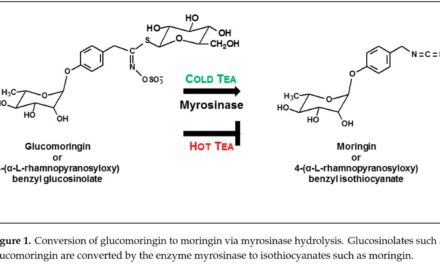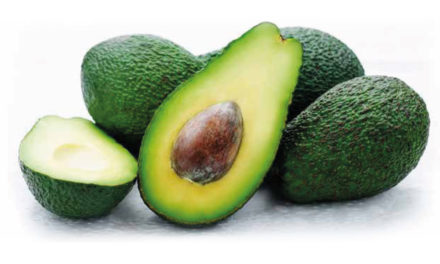The Purified Extract from the Medicinal Plant Bacopa monnieri, Bacopaside II, Inhibits Growth of Colon Cancer Cells In Vitro by Inducing Cell Cycle Arrest and Apoptosis
Eric Smith 1,2 ID , Helen M. Palethorpe 1,2, Yoko Tomita 1,2, Jinxin V. Pei 2 ID, Amanda R. Townsend 2,3, Timothy J. Price 2,3, Joanne P. Young 2, Andrea J. Yool 2 ID and Jennifer E. Hardingham 1,2,*
1 Molecular Oncology, Basil Hetzel Institute, The Queen Elizabeth Hospital, Woodville South SA 5011, Australia; eric.smith@adelaide.edu.au (E.S.); helen.palethorpe@adelaide.edu.au (H.M.P.);
yoko.tomita@sa.gov.au (Y.T.)
2 Adelaide Medical School, University of Adelaide, Adelaide SA 5000, Australia; jinxin.pei@adelaide.edu.au (J.V.P.); amanda.townsend@sa.gov.au (A.R.T.); timothy.price@sa.gov.au (T.J.P.); joanne.young@adelaide.edu.au (J.P.Y.); andrea.yool@adelaide.edu.au (A.J.Y.)
3 Medical Oncology, The Queen Elizabeth Hospital, Woodville South SA 5011, Australia
* Correspondence: jenny.hardingham@sa.gov.au; Tel.: +61-8-8222-6142
Received: 1 May 2018; Accepted: 18 July 2018; Published: 21 July 2018
Abstract: Aquaporin-1 (AQP1), a transmembrane pore-forming molecule, facilitates the rapid movement of water and small solutes across cell membranes. We have previously shown that bacopaside II, an extract from the medicinal herb Bacopa monnieri, blocks the AQP1 water channel and impairs migration of cells that express AQP1. The aim of this study was to further elucidate the anti-tumour potential of bacopaside II in colon cancer cells. Expression of AQP1 in HT-29, SW480, SW620 and HCT116 was determined by quantitative PCR and western immunoblot. Cells were
treated with bacopaside II, and morphology, growth, autophagy, cell cycle and apoptosis assessed by time-lapse microscopy, crystal violet, acridine orange, propidium iodide (PI) and annexin V/PI staining respectively. AQP1 expression was significantly higher in HT-29 than SW480, SW620 and
HCT116. Bacopaside II significantly reduced growth at ≥20 µM for HT-29 and ≥15 µM for SW480, SW620 and HCT116. Inhibition of HT-29 at 20 µM was primarily mediated by G0/G1 cell cycle arrest, and at 30 µM by G2/M arrest and apoptosis. Inhibition of SW480, SW620 and HCT116 at ≥15 µM was mediated by G2/M arrest and apoptosis. These results are the first to show that bacopaside II inhibits colon cancer cell growth by inducing cell cycle arrest and apoptosis.
Keywords: Bacopa monnieri; bacopaside II; colorectal cancer; anti-tumour agents; aquaporin-1; cell cycle arrest; apoptosis








